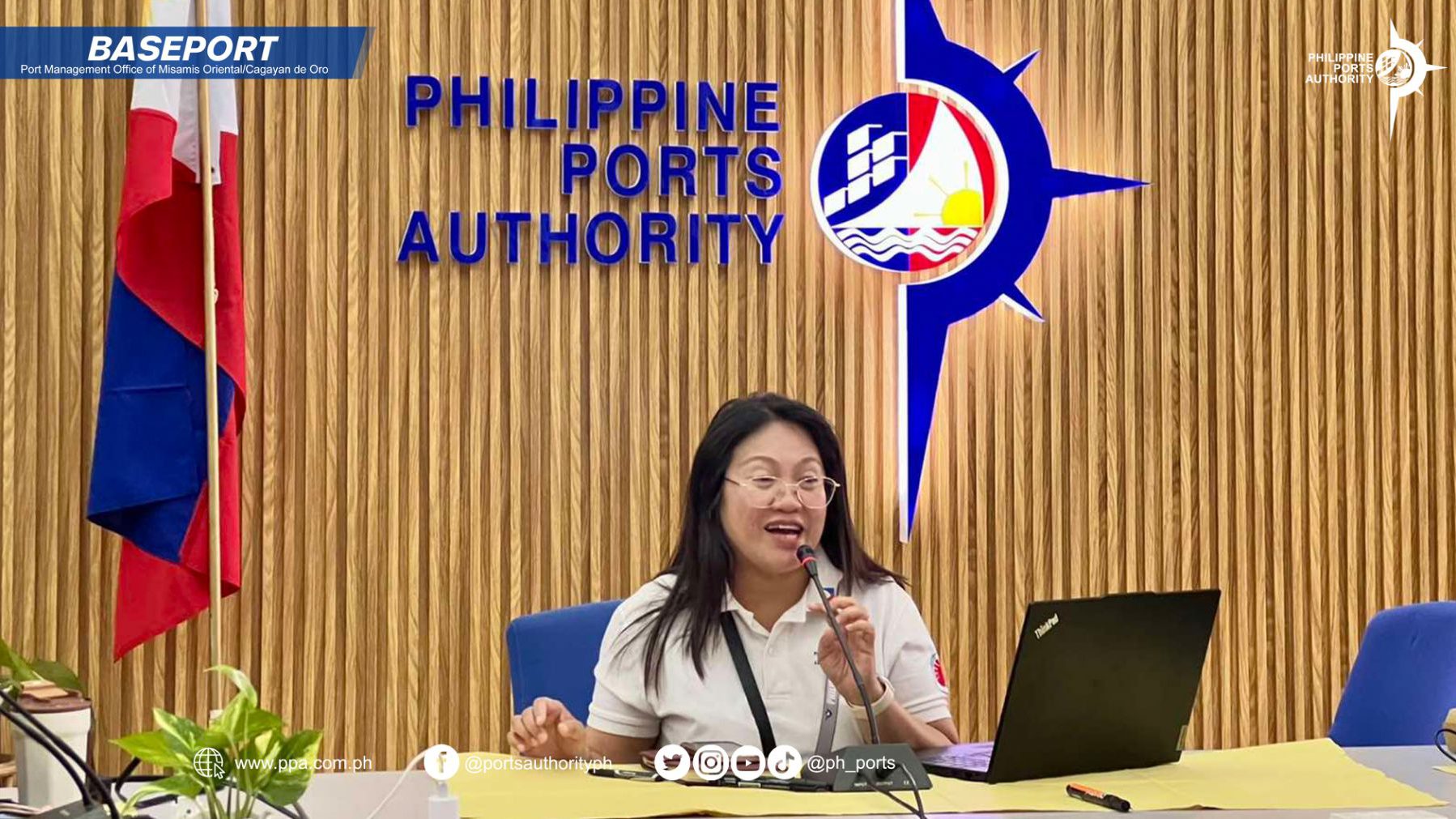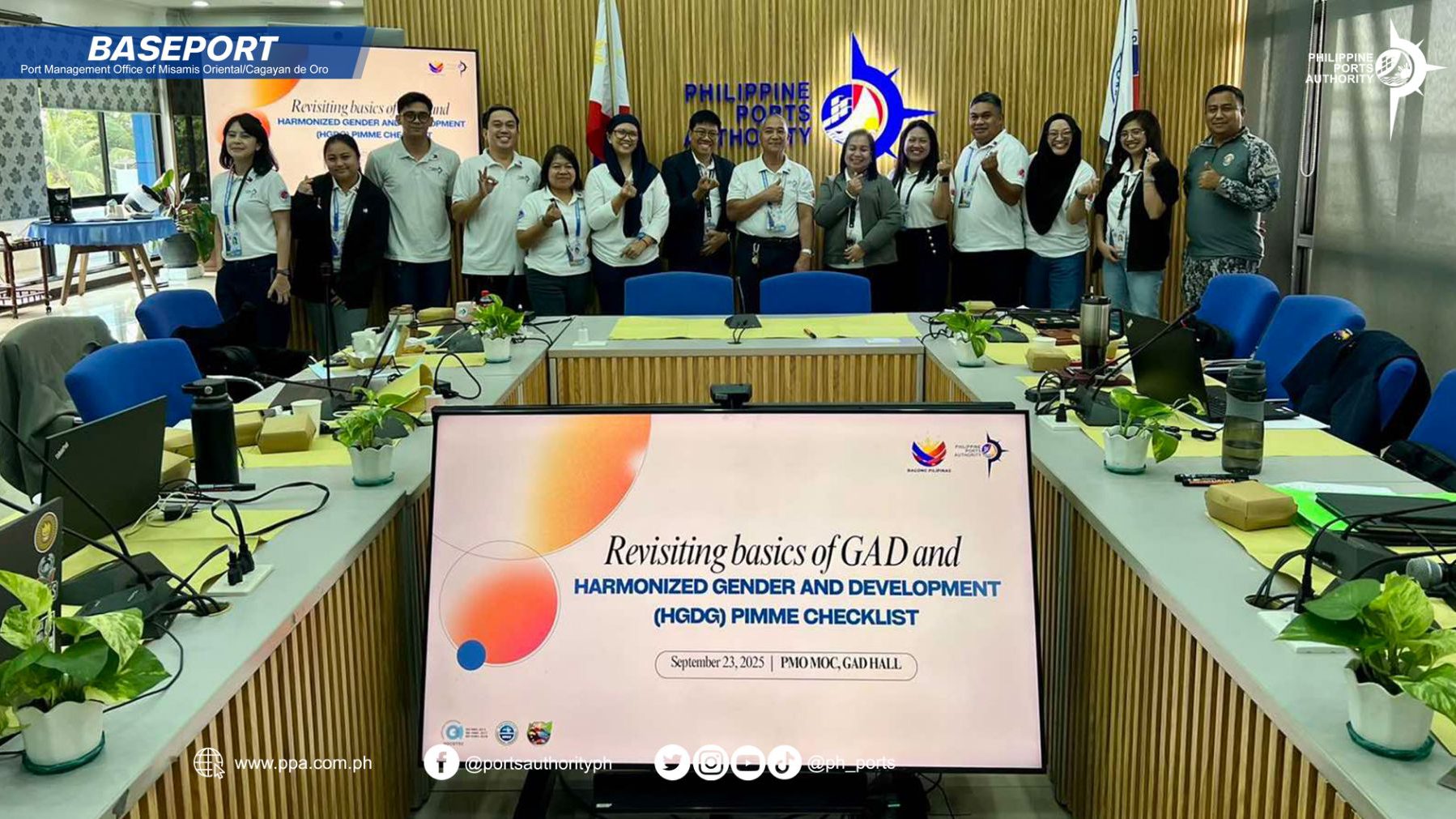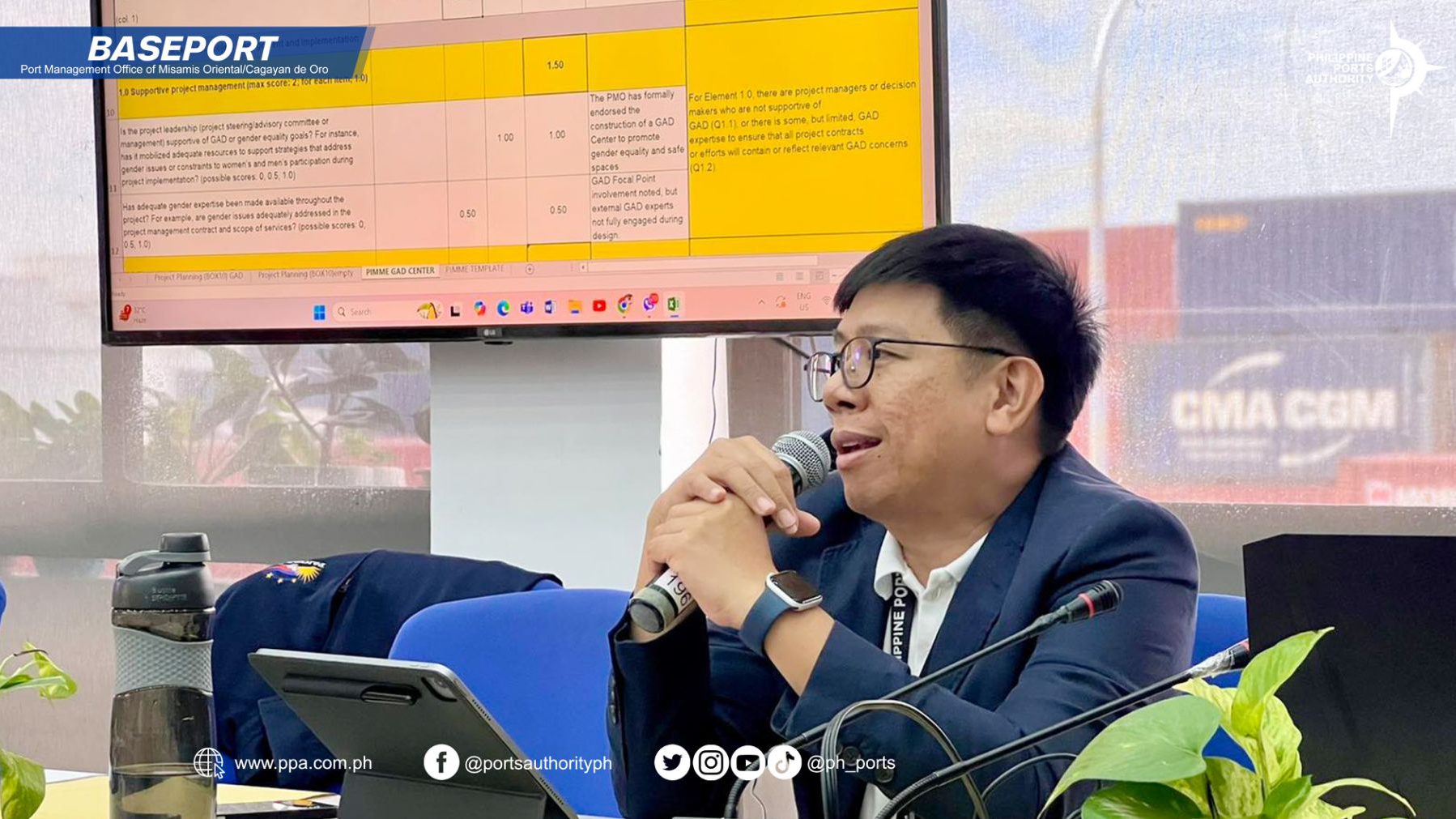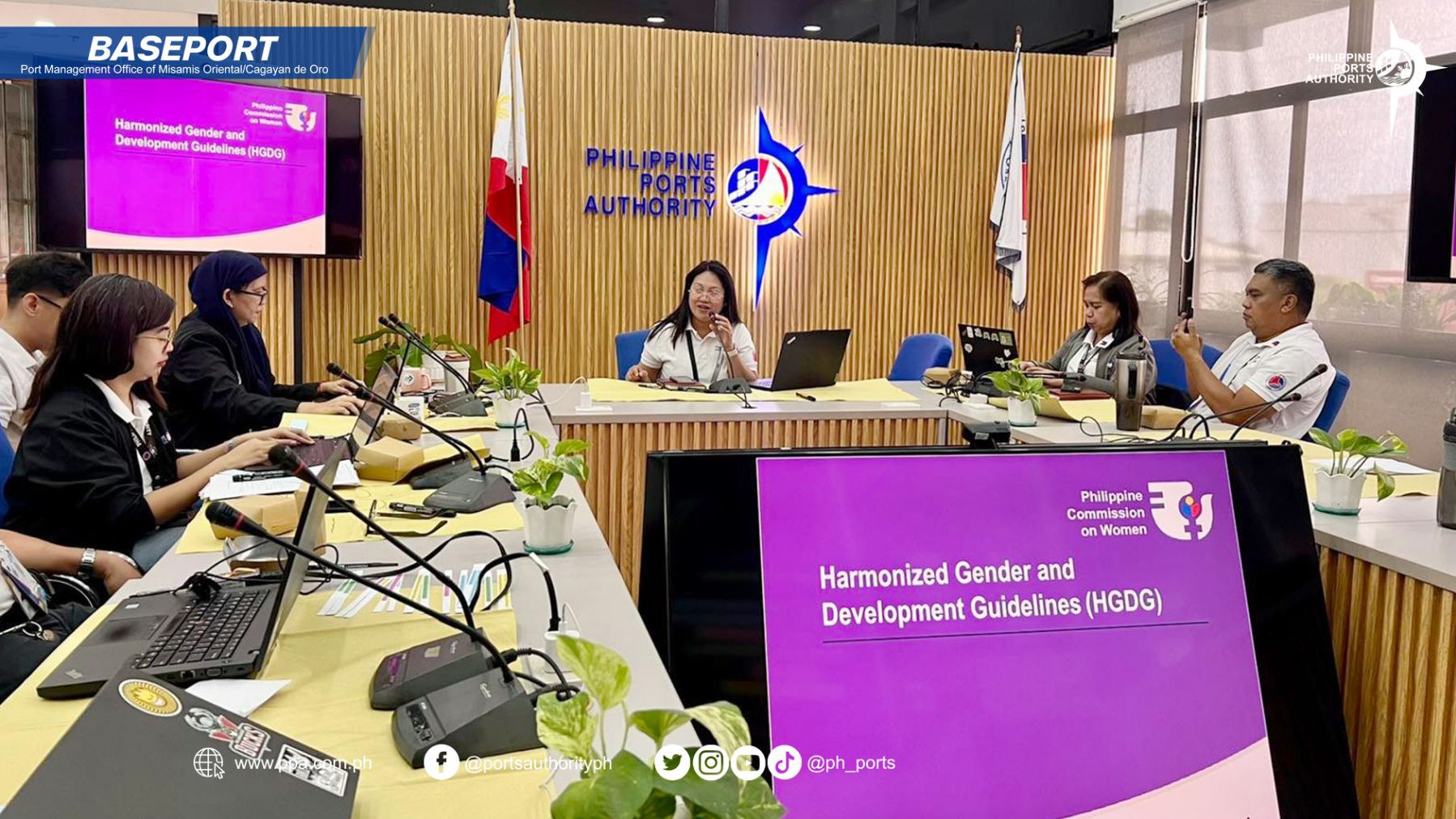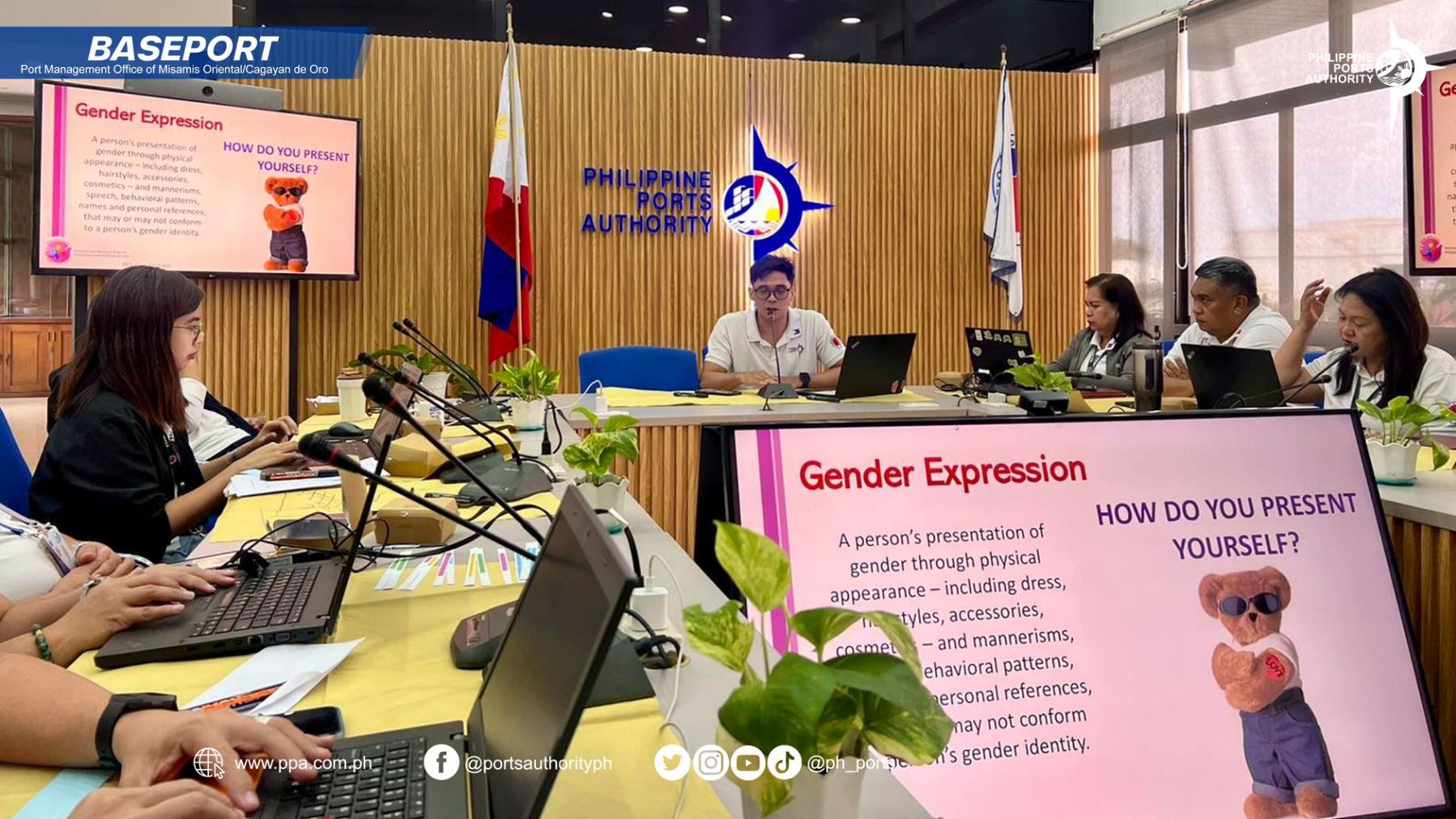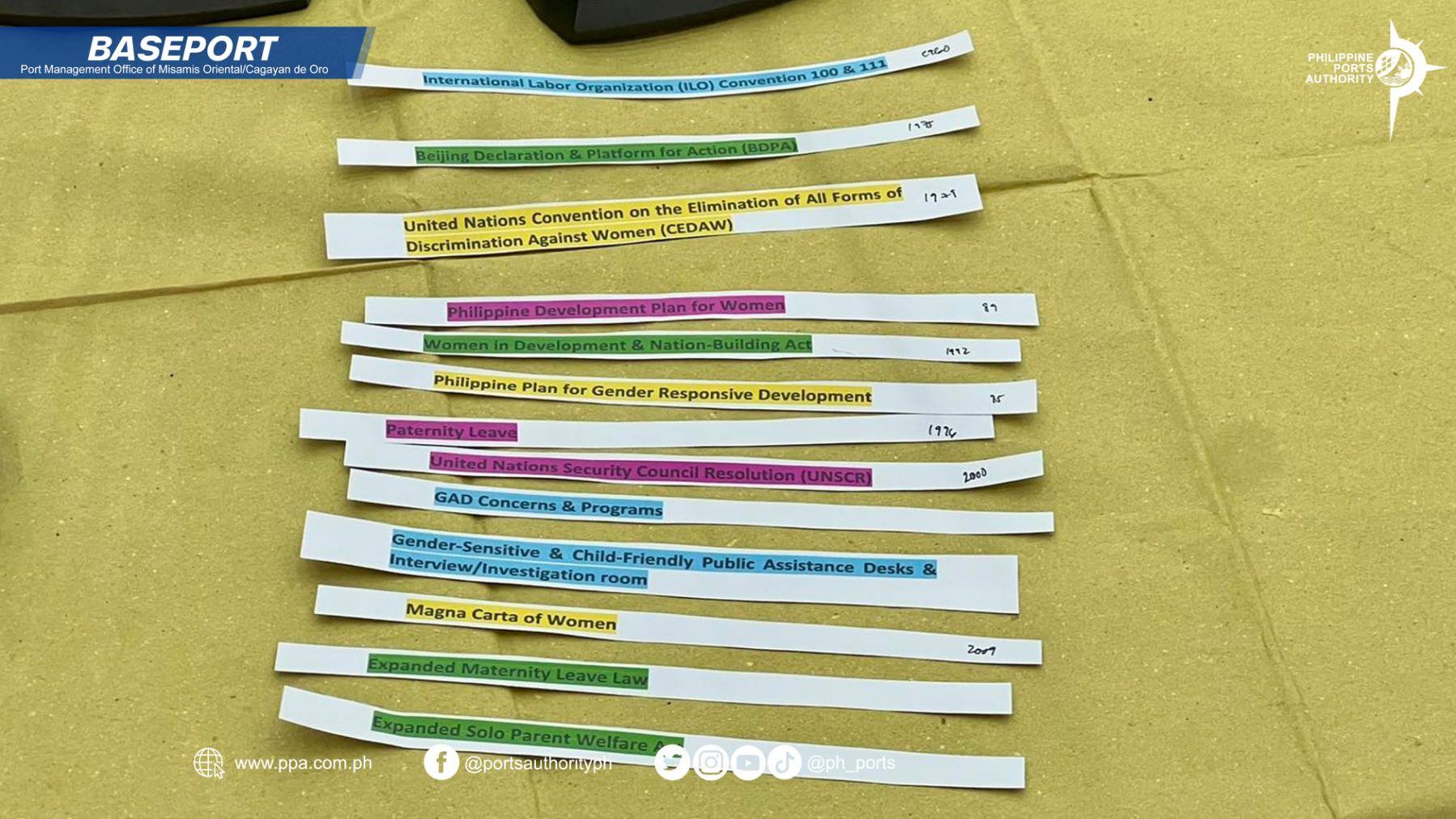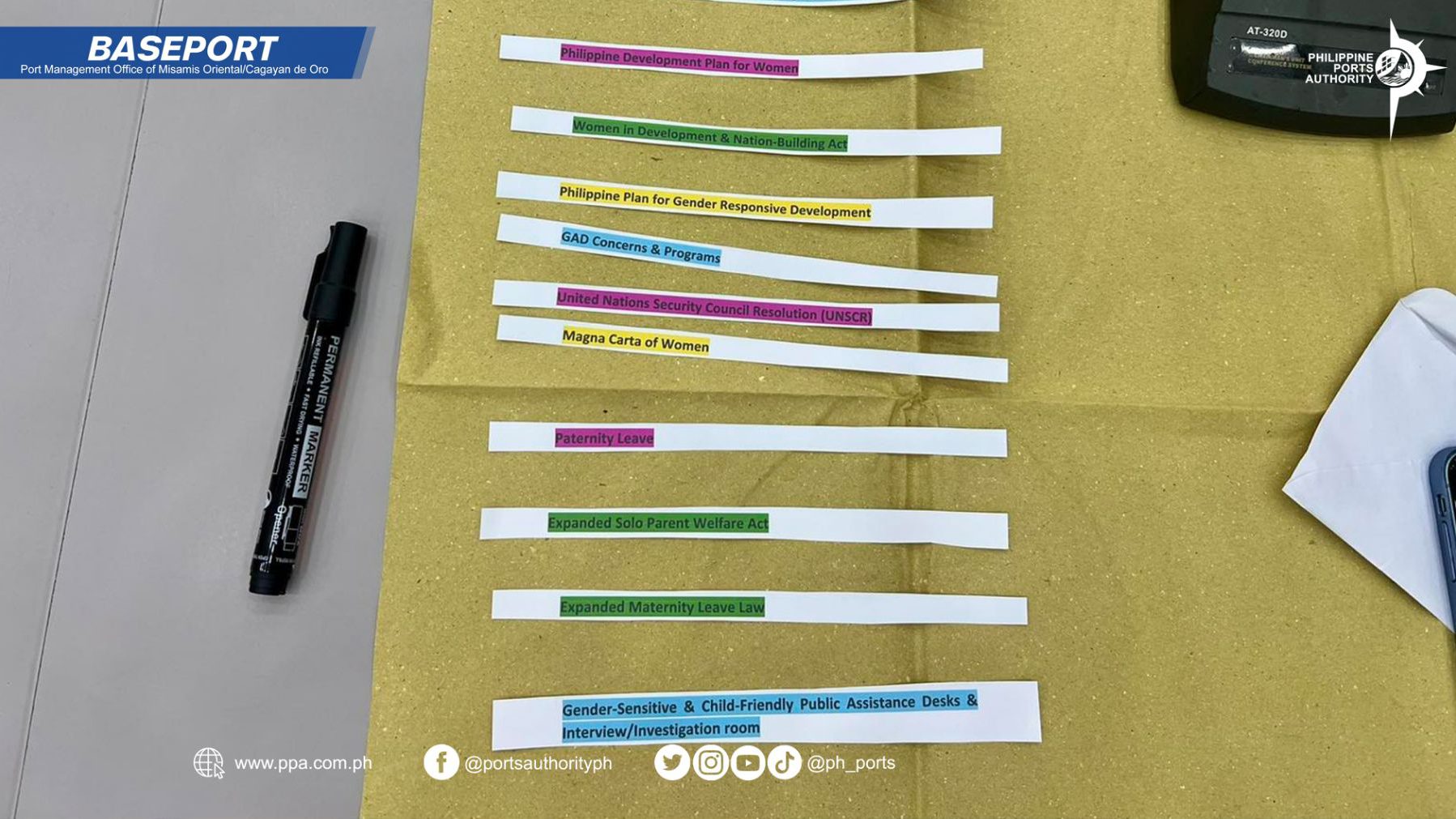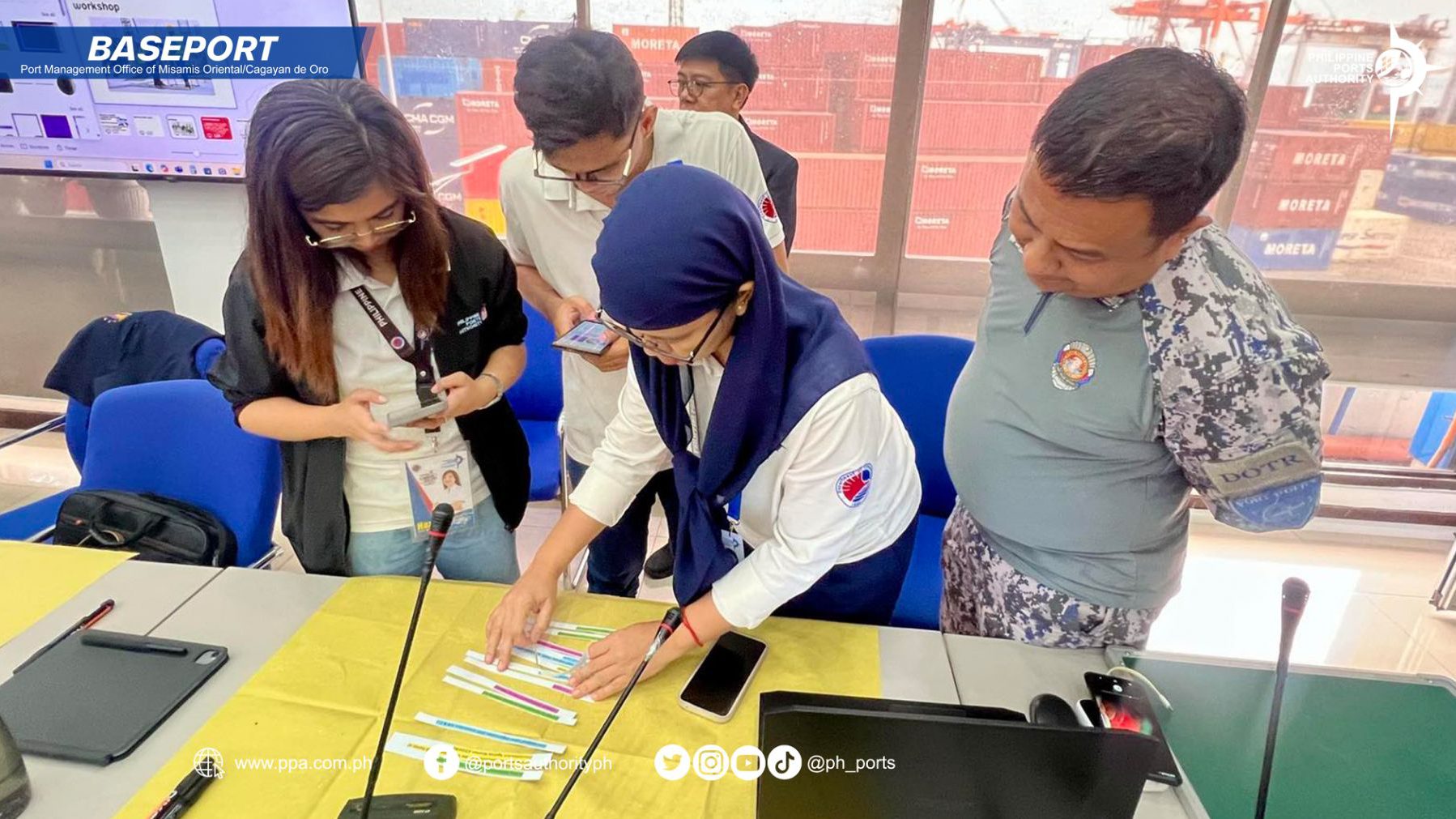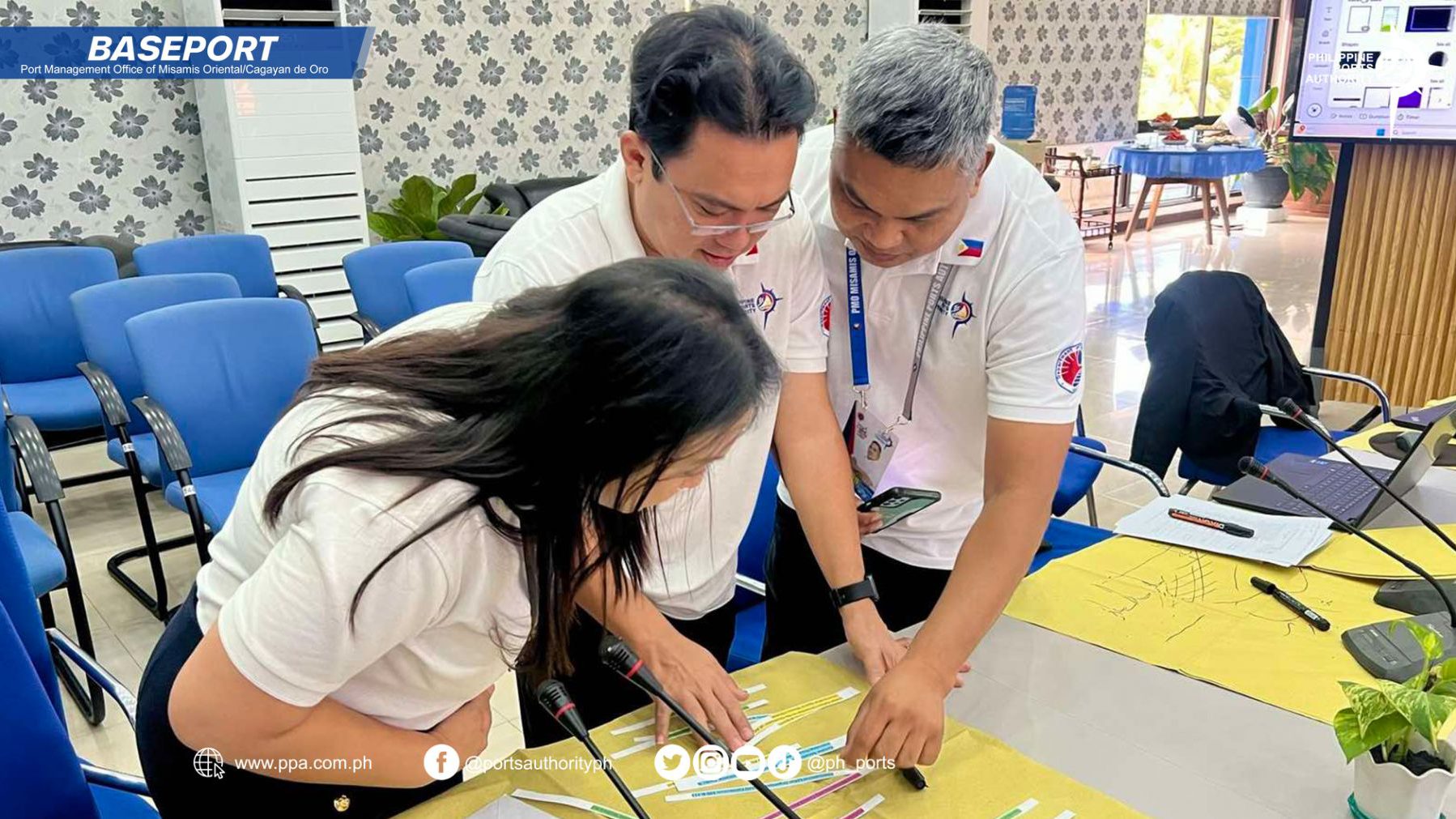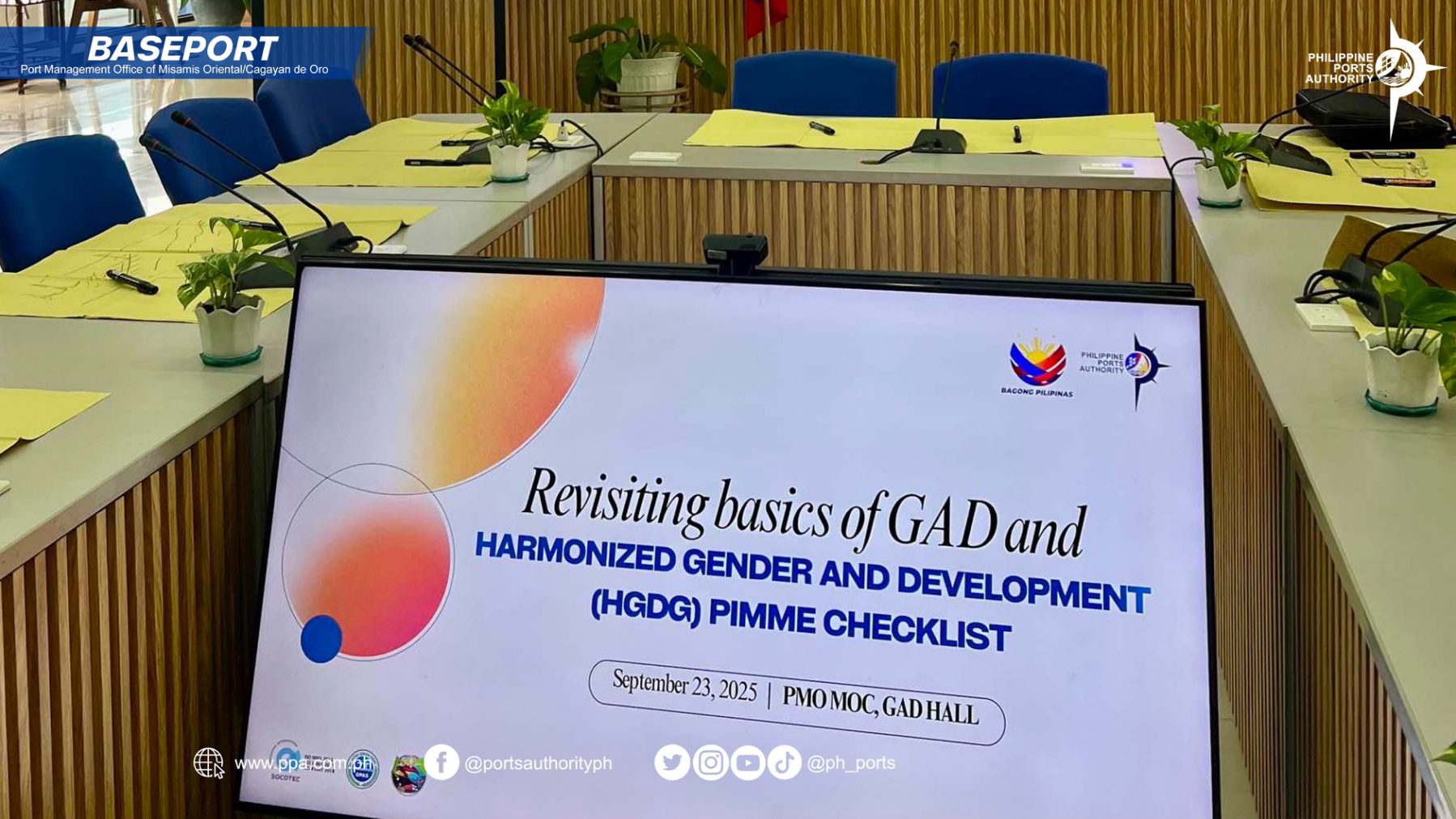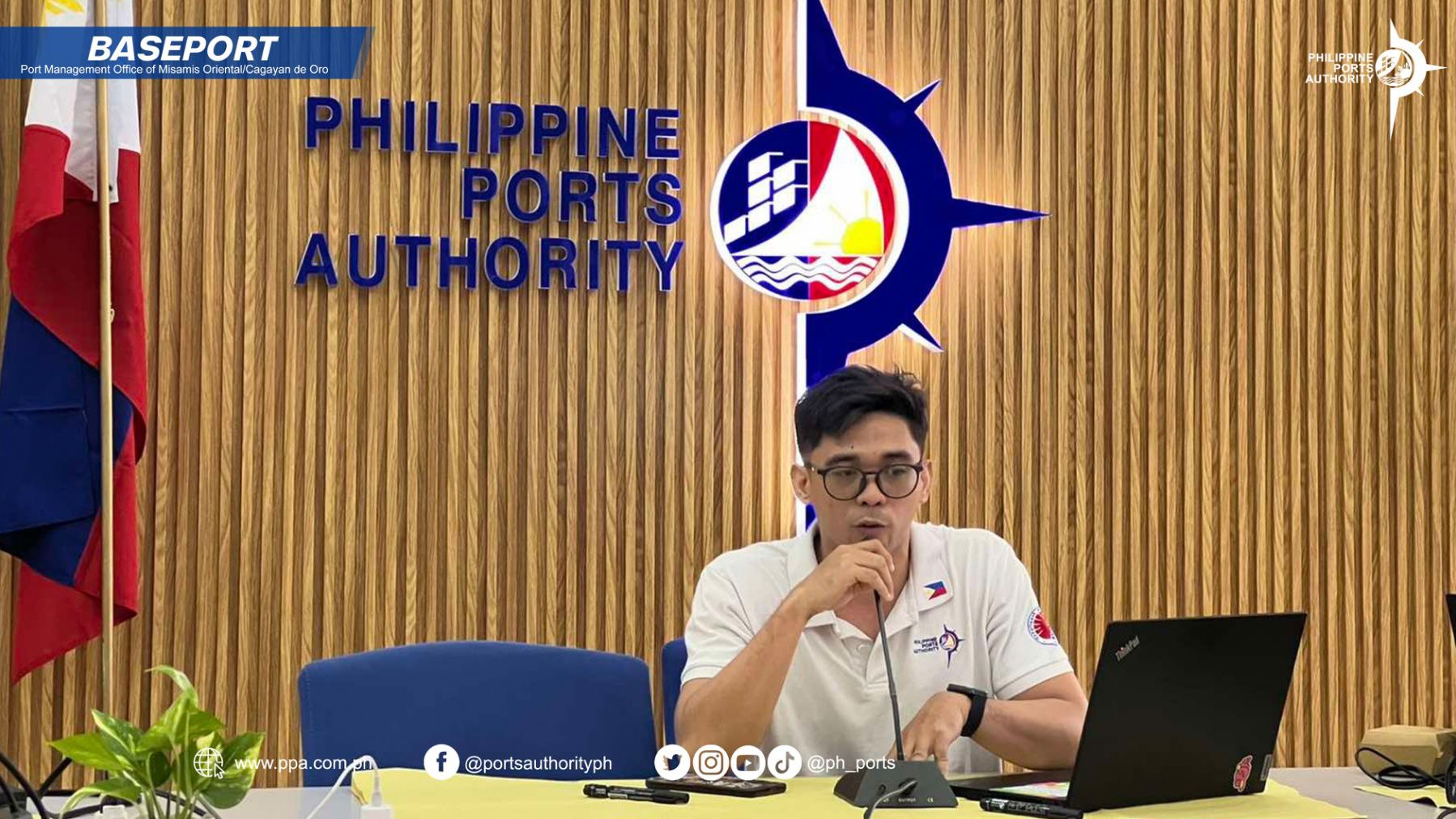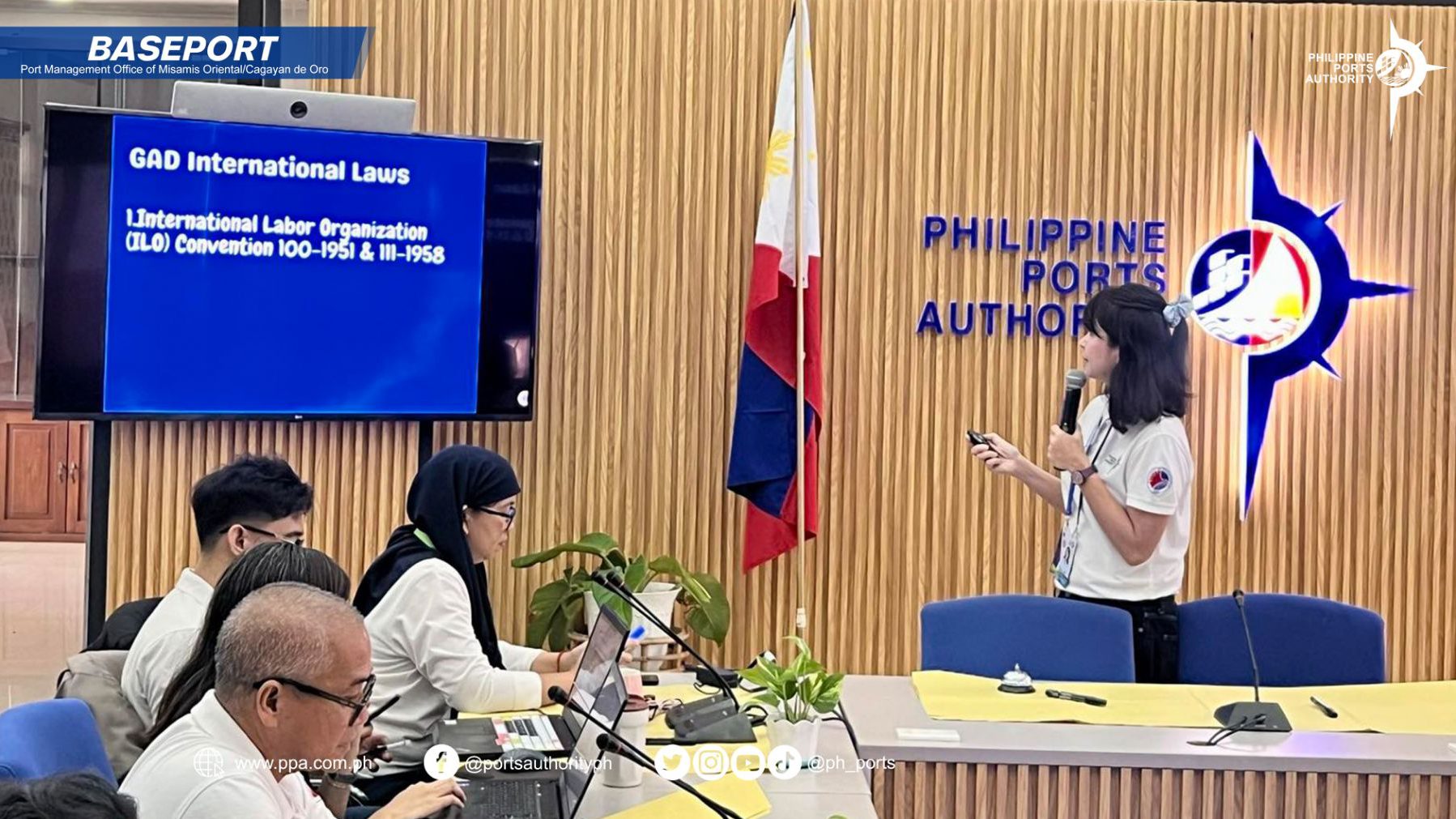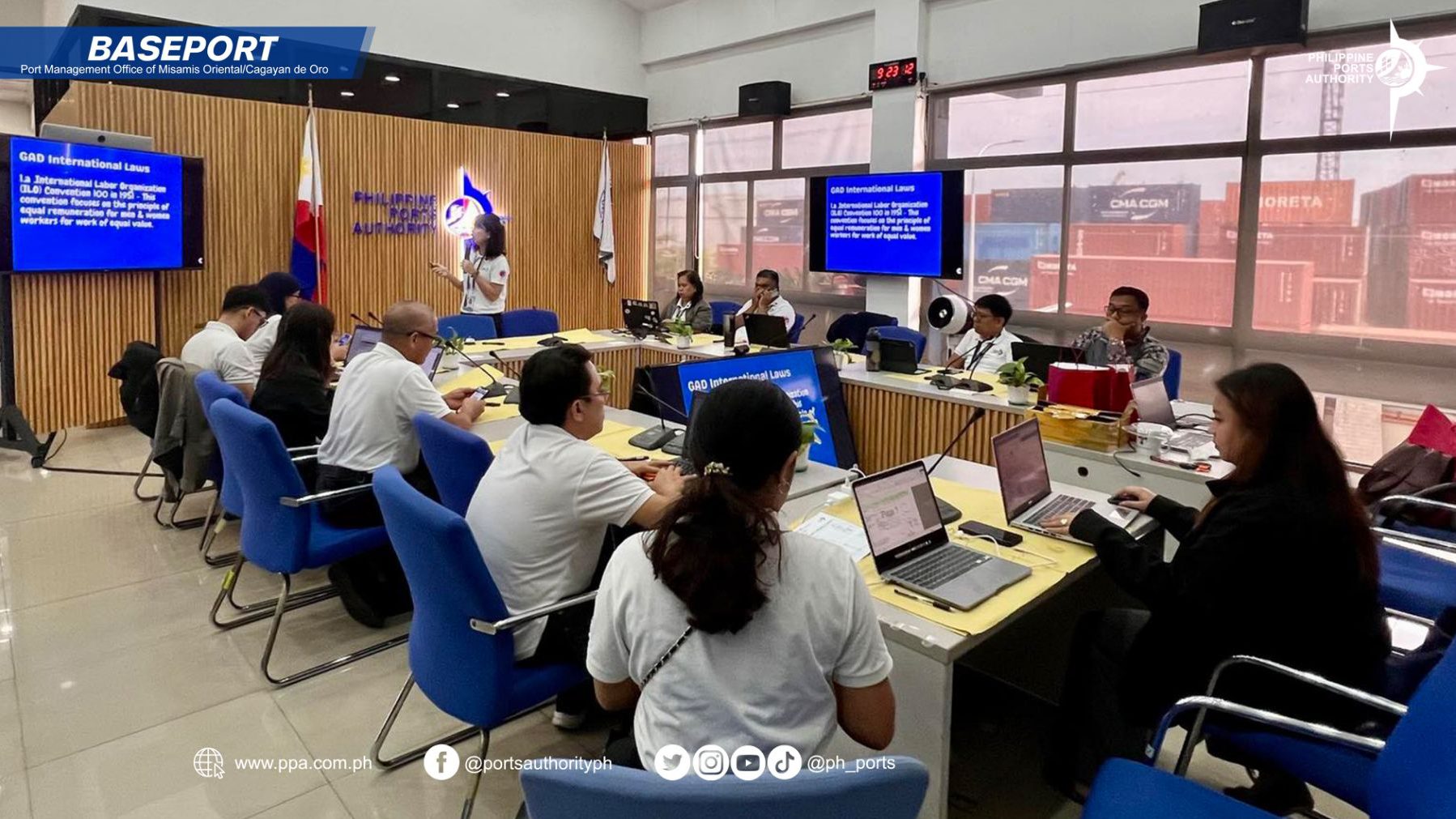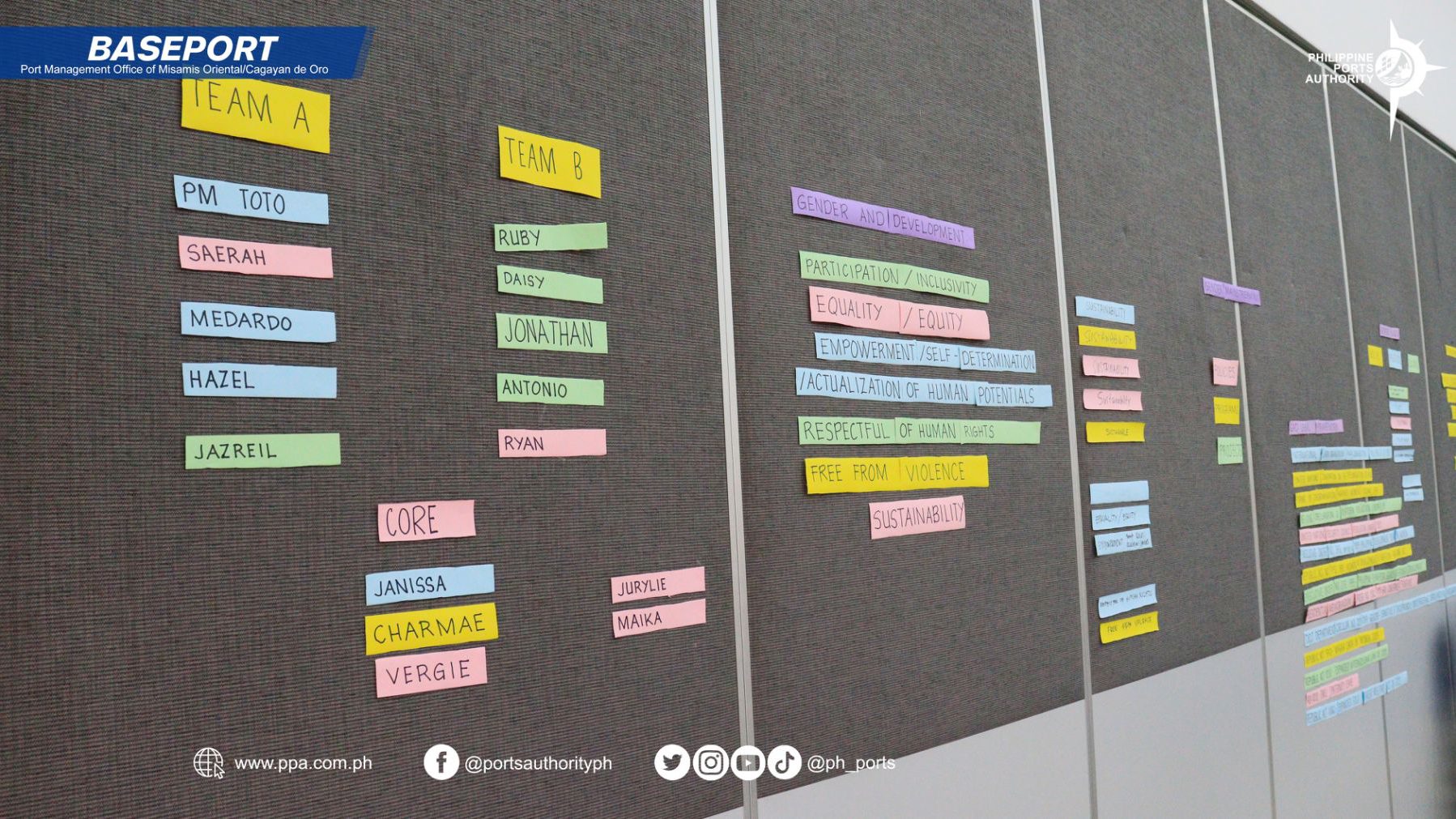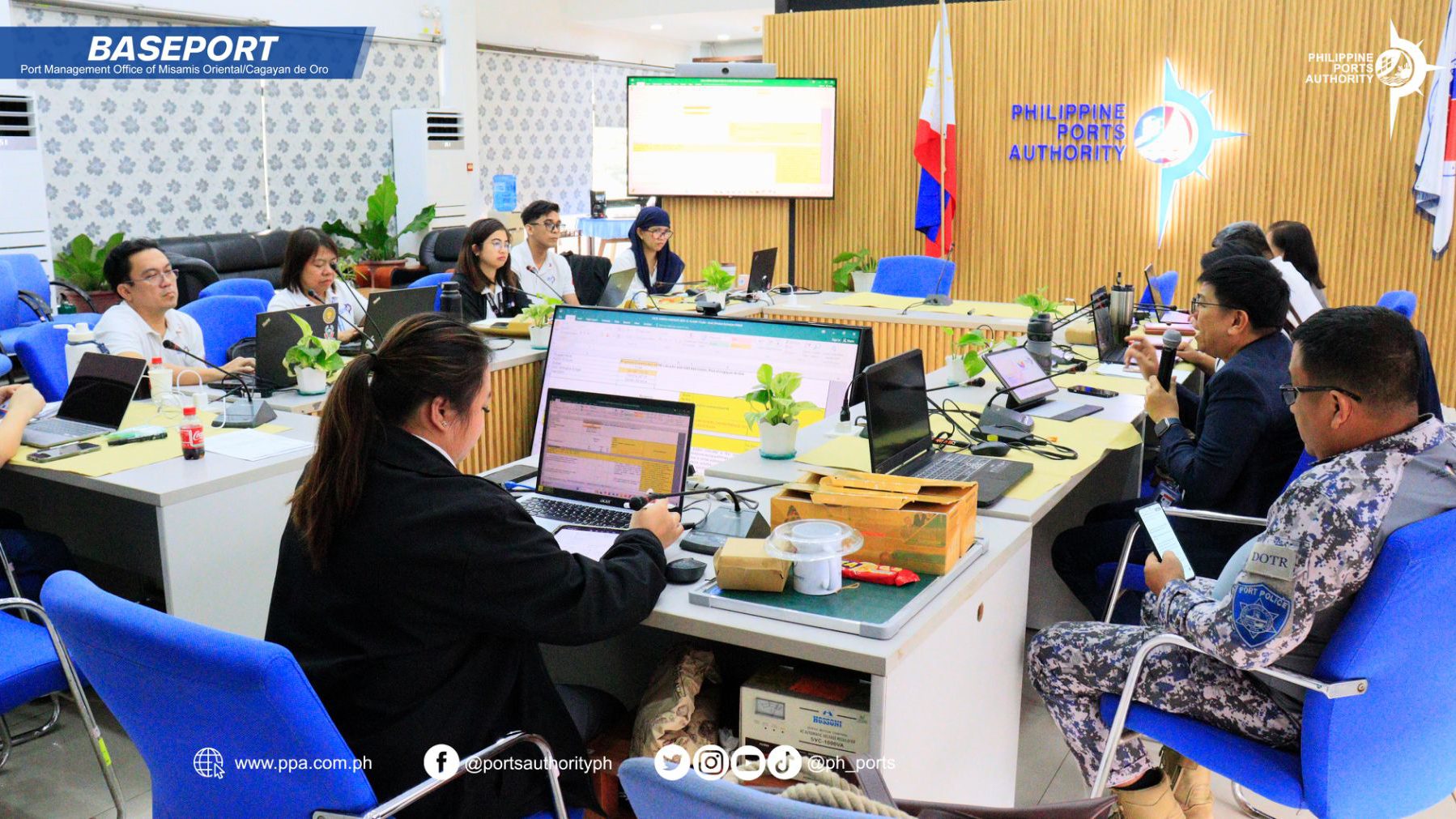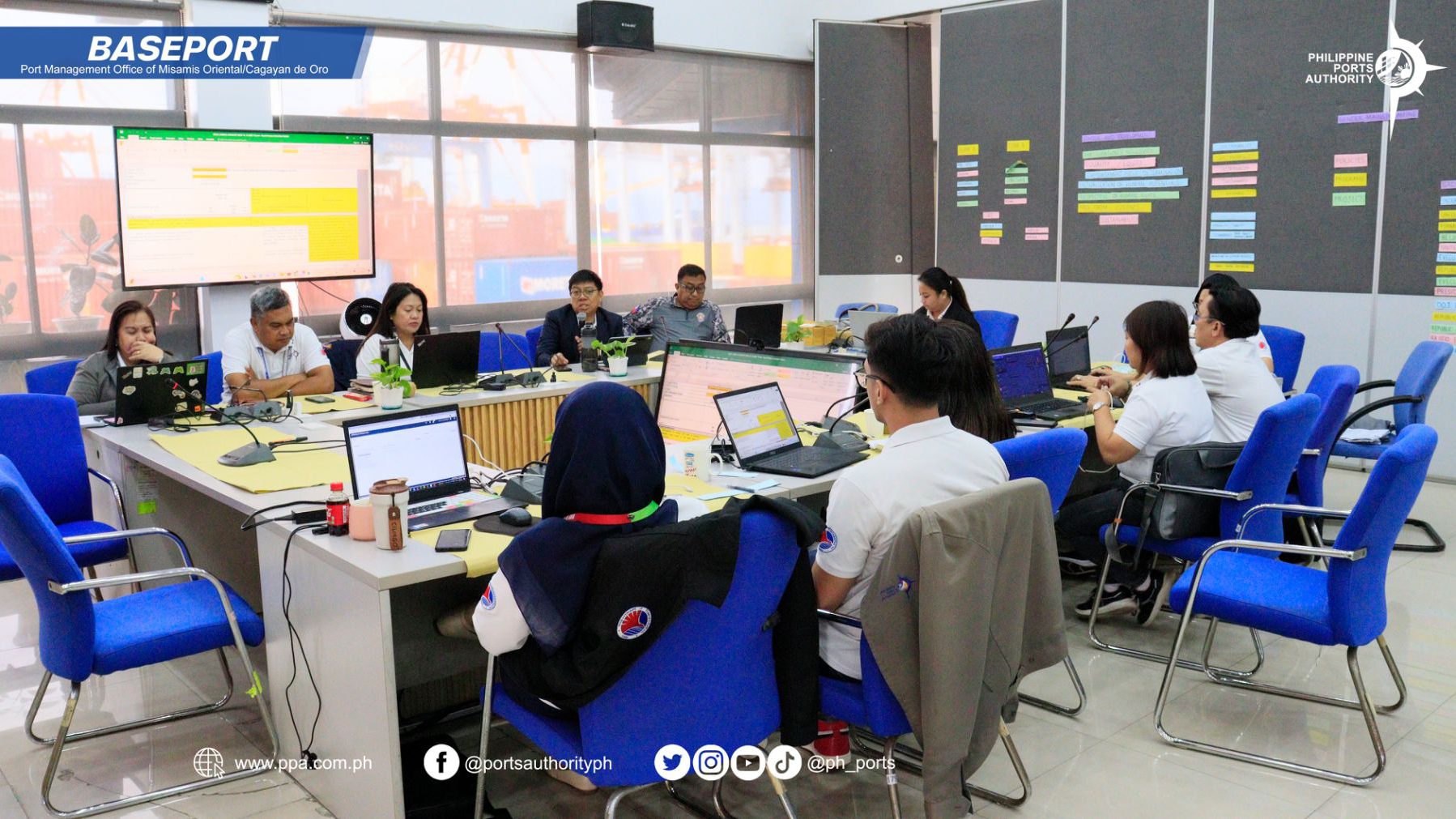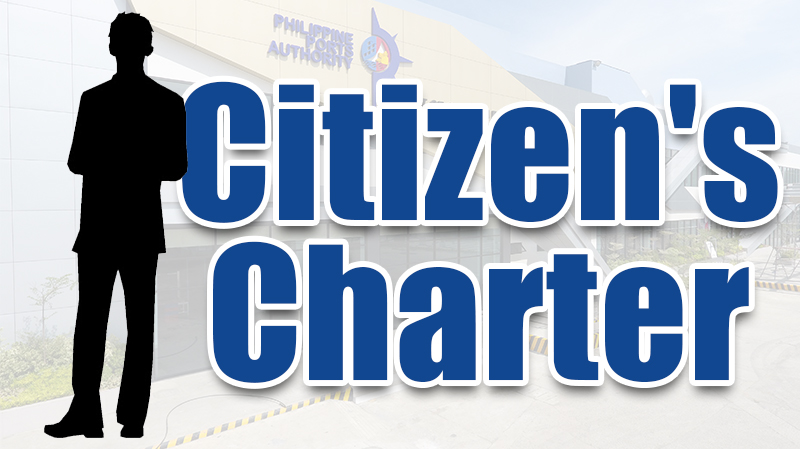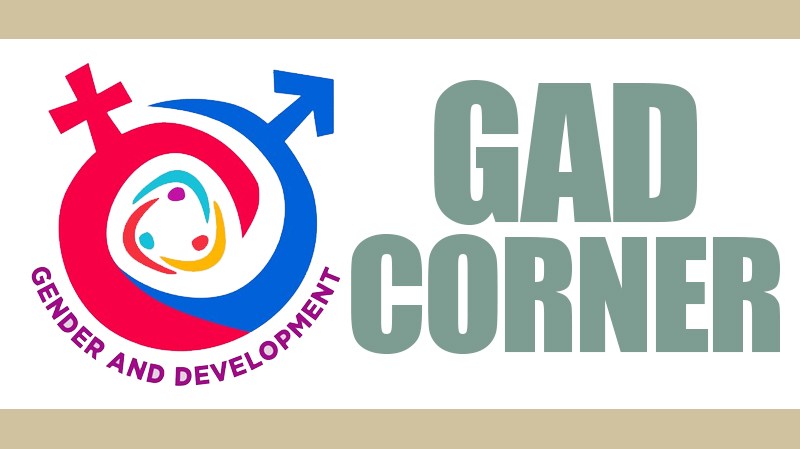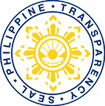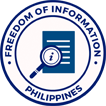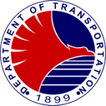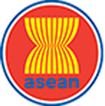The Port Management Office of Misamis Oriental/Cagayan de Oro (PMO MO/C) demonstrated its unwavering commitment to gender-responsive governance by successfully hosting a full-day Gender and Development (GAD) Workshop on 23 September 2025. The event, titled “Revisiting Basics of GAD and Harmonizing Gender and Development (HGDG) PIMME Checklist,” attracted 15 members of the PMO MO/C GAD Focal Point System (GADFPS), including nine women and six men.
The workshop provided an invaluable opportunity to revisit the core principles of GAD, refine technical knowledge on gender mainstreaming, and equip participants with the tools to apply the Harmonized GAD Guidelines (HGDG) PIMME Checklist in project development, implementation, and monitoring. The event featured a team of five in-house speakers who led discussions and provided insights on crucial topics, including an introduction to the GAD Focal Point System, gender mainstreaming, and gender analysis.
Participants engaged with the topics energetically, exploring the importance of understanding the unique and diverse needs of all genders. Through hands-on exercises, they delved into key areas for improvement, such as the need for comfortable and accessible restrooms catering to all genders, including families. Moreover, they underscored the importance of ongoing awareness campaigns and training sessions for human resources, especially for Contract of Service personnel and port stakeholders. A significant part of the conversation also focused on enhancing the passenger experience, aiming to make their time at the port smoother and more welcoming.
Additionally, the session highlighted the importance of sex-disaggregated data (SDD) and maintaining an up-to-date GAD database. Participants became well-versed in the HGDG framework, particularly its design and implementation, and reviewed its practical application through the PIMME Checklist. This allowed them to contextualize their learnings using sample project applications.
As the workshop concluded, participants were energized by their newfound understanding and harmonized approach to gender-responsive programming. They collectively agreed on the need to sustain and elevate Gender and Development initiatives. Looking ahead, the group expressed their ambition to reach higher milestones, with a particular focus on achieving Level 3 in Gender Mainstreaming.

